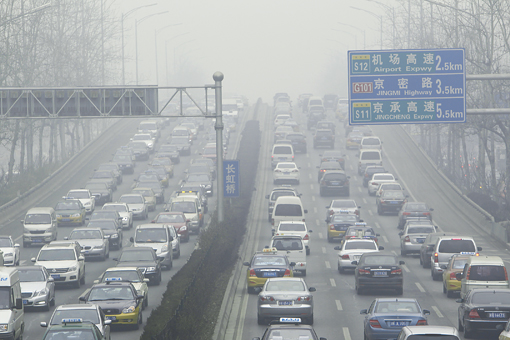In 2003, Mexico’s Ministry of Environment and Natural Resources (SEMARNAT) started work on a standard to dramatically reduce the sulfur levels in fuels. By 2005, the standard was published, requiring ultra-low-sulfur fuels (15 parts per million or less) nationwide by 2009.
However, today, only about 25 percent of the diesel sold in Mexico meets the standard.
What happened?
Four years after the original requirement, SEMARNAT, SENER (the energy ministry) and PEMEX (the state-owned oil company) have still not settled on a new deadline for cleaner fuels in Mexico. And, in a chicken-and-egg dilemma, the motor vehicle industry has been reluctant to agree to standards that take full advantage of cleaner fuels, citing uncertainty about when those fuels will truly be available.
The delay will have enormous consequences for public health in Mexico.
Most of the world is all too familiar with the sight of a cloud of black smoke belching out of the tailpipe of a diesel truck or bus. Diesel particles cause more damage to health around the world than any other pollutant from the transport sector. What many people don’t know is that the most dangerous particles are the ones you can’t see…





